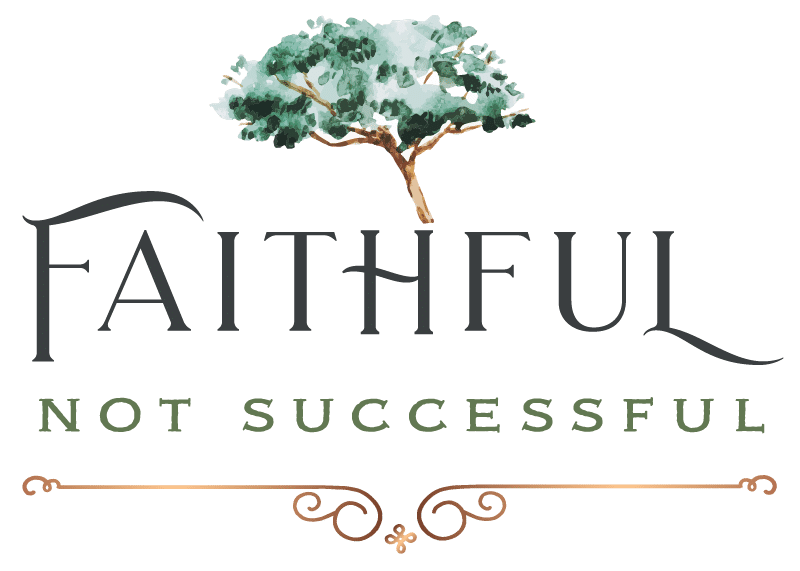
The Best Books on Disability That I Read in 2020
I’ve always been a voracious reader (and proclaimed it publicly when I shared my Goodreads 2020 Year in Books on Facebook earlier this month — I guess averaging more than a book a week is a lot?). Reading is one of my coping mechanisms, a means of self-care that has become very important over the years as our household has increased in noise and complexity. It’s how I make sense of the world, and how I meet my need for retreat.

Photo by Leah Kelley from Pexels
Making sense of the world means reading about what’s going on in my life, so for many years, that has meant books about disability or by disabled writers. Here are a few that helped shape my thinking this year, in no particular order. (All links are affiliate links to my Amazon Associates site.)
Want more great book reviews and other news from the world of disability and theology? Subscribe to my monthly newsletter right here.
Raising a Rare Girl: A Memoir by Heather Kirn Lanier
I really wish I had taken the time to give this book the full, glowing review it deserves, when it was published last summer. Failing that, let me encourage you strongly now to give this lyrical, thoughtful memoir a try.
Lanier writes with frank introspection about her daughter Fiona, who was diagnosed with a rare genetic disorder shortly after birth. She recounts the ways Fiona’s medical team responded (both well and badly), the ableism embedded in our society’s approach to pregnancy and child-rearing, and her own insecurities. We rejoice along with her at the recognition that her disabled daughter is whole and holy, exactly as she is.
Lanier ultimately challenges us with the sobering reminder that “The simple act of loving [Fiona] was countercultural.”
What can a Body Do?: How We Meet the Built World by Sara Hendren

Sara Hendren, a design researcher and professor and Olin College, throws down a gauntlet challenging the business-as-usual approach to design for the disabled. What if we stop trying to “fix” disabled bodies to look and act more “normal,” and instead reimagine the social environment to accommodate many different kinds of bodies? To craft the built world in a way that meets those bodies where they actually are?
She covers aspects of design from furniture to space to time itself, drawing from her own experience raising a child with Down syndrome and her extensive training in user research and design thinking. It’s a truly revolutionary approach; I found myself wondering what parallel conversations we need to have about access to worship.
The Power of the Powerless: A Brother’s Legacy of Love by Christopher DeVinck

In this intimate portrait of his life with his brother Oliver, who Christopher DeVinck crafts a compelling and beautiful case for the dignity of the human person. Oliver lived his entire life with profound disabilities, unable to see, speak, stand, dress, or feed himself. DeVinck’s parents cared for him at home themselves, and DeVinck absorbed their example of love and service, as well as Oliver’s example of joyful receptivity.
After Oliver’s death, DeVinck wrote an essay about him for the Washington Post that went viral, before viral was a thing. The message that Oliver’s hidden life mattered was one that strongly resonated. I had to read this one in short, slow bursts, because of the emotional wallop packed into every page.
Of Such Is the Kingdom: A Practical Theology of Disability by Summer Kinard

Summer Kinard writes from the perspective of autism in the church (she and several of her family members are autistic). But her ideas are applicable for all disabilities. This is a deeply researched, well written handbook that provides both spiritual meditations based on the writings of the church fathers, as well as logistical advice for churches hoping to meet the needs of their disabled members. Practical theology, indeed.
Kinard is Orthodox, but most of the themes here are are directly applicable to Catholicism; some are universal to people of any faith. I found myself highlighting like crazy — she includes so many timeless words from saints and scholars — and her reflection questions are designed not just to prompt reflection, but to lead to action. This would make a great book-group read within a parish setting.
It‘s Good To Be Here: A Disabled Woman’s Reflections on the Sacred Wonder of Being Human by Christina Chase

“Nobody can walk through this life unaided. And none of us, through our own power, can stand in the presence of God.” Christina Chase is a disabled writer with Spinal Muscular Atrophy who writes with great joy about life in her messed-up, messy body. Her gift to us here is her insistence — unwavering and absolute — that suffering does not negate the great gift of God’s love. (And she knows from suffering.)
Chase gives an excellent and necessary witness to the truth that disabled lives are not a tragedy. Disabled people don’t wish their lives away. Often, they don’t even wish their disabilities away, because through those disabilities they gain greater access to the Truth about what it means to be human. She weaves her own story together deftly with illustrations about Jesus’ human incarnate life in the flesh. This is another book that bears slow, prayerful reading.


Oh, this list looks amazing – thank you so much for sharing!
I hope you find them fruitful reading! They all gave me a LOT of big ideas to chew on.